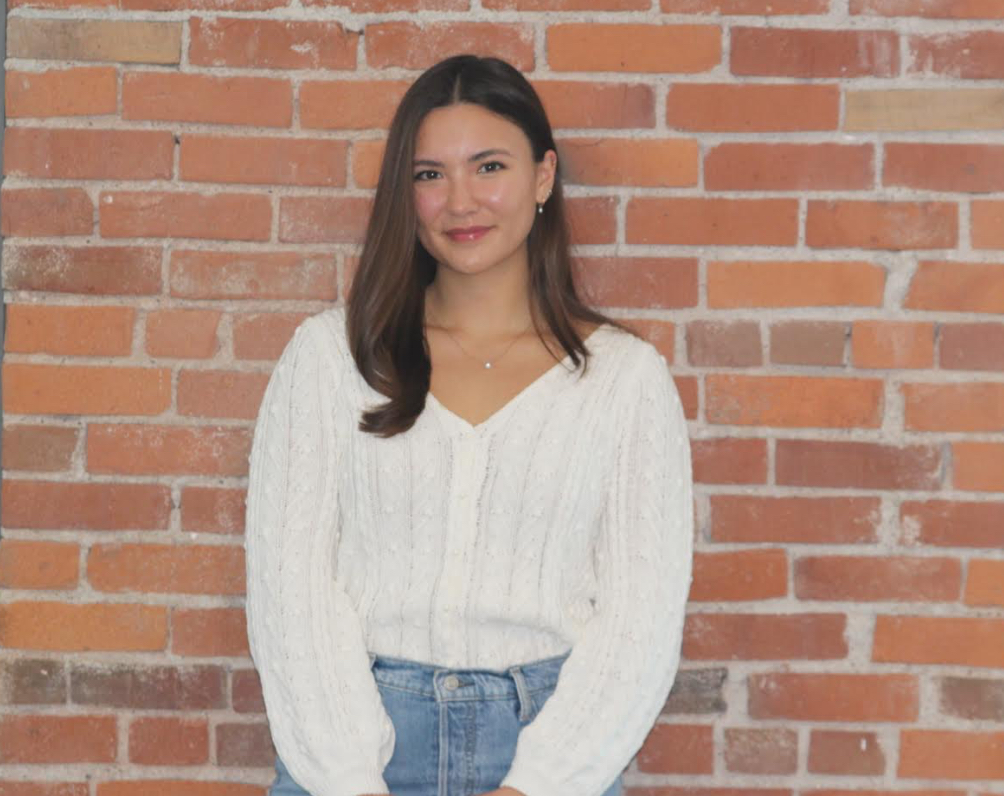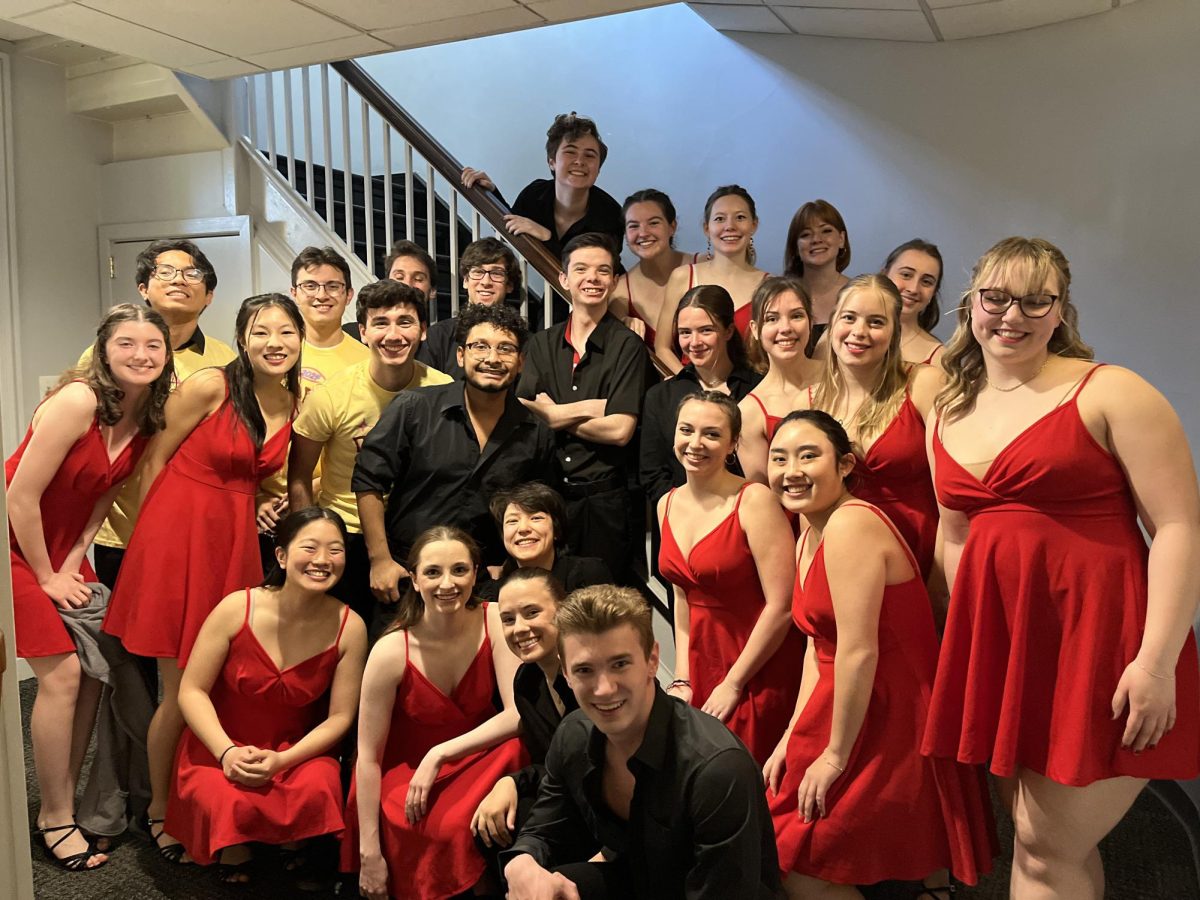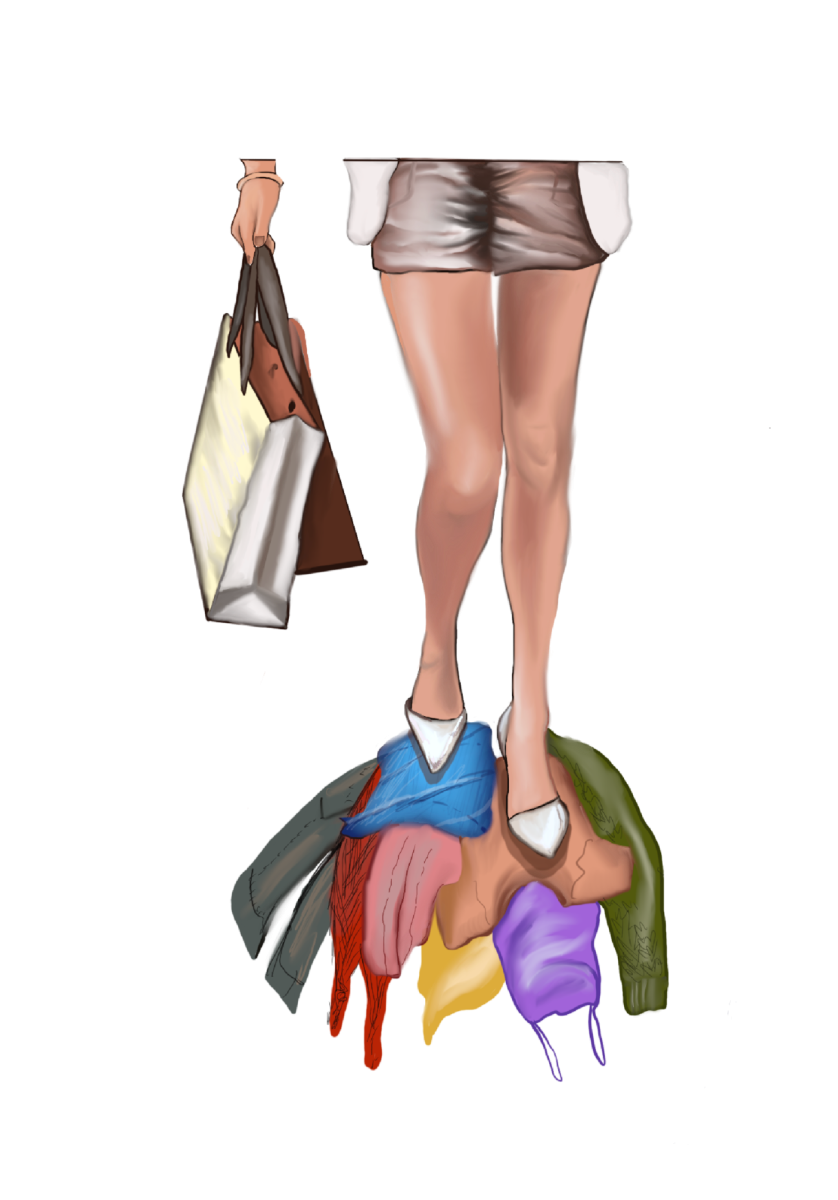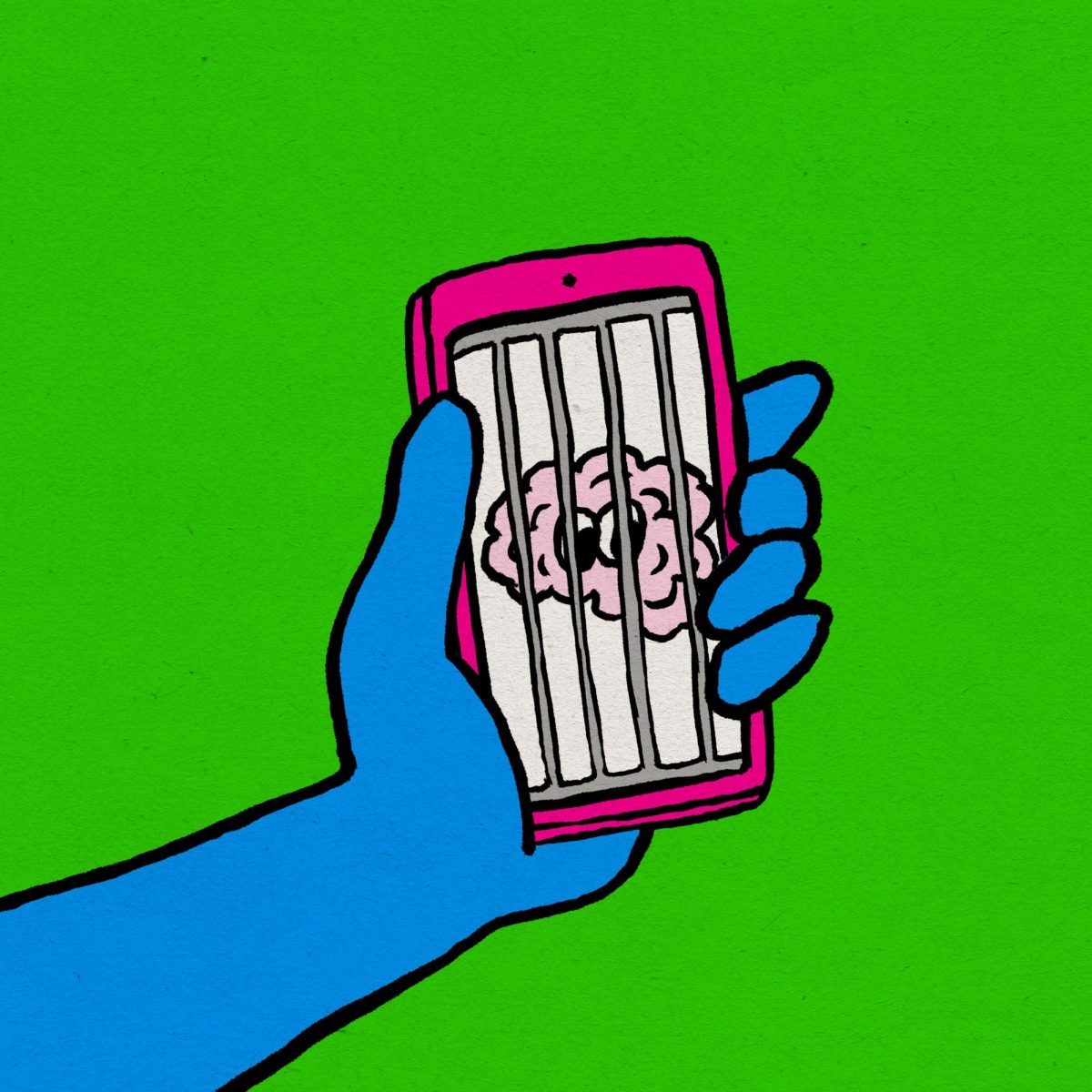Few students can claim a passion for numbers, and fewer still love math enough to pursue it at the collegiate level. However, for the rare few at Colgate University who do choose to pursue a mathematics major with a pure math focus — separate from an applied mathematics major, which relates to other fields — the course load is rigorous and challenging.
Students are required to take “Calculus III,” “Linear Algebra,” “Number Theory” and “Mathematical Reasoning” by the end of their sophomore year, “Abstract Algebra” and “Real Analysis I” by the end of their junior year and complete a thesis during their senior year. Students also have to take multiple elective courses under the MATH umbrella and can graduate with honors or high honors if they achieve a GPA of — or greater than — 3.3 or 3.7, respectively.
Sophomore Zoe Elcock is a mathematics major at Colgate, and she appreciates the highly-intellectual nature of the material. She also enjoys the unexpected ways it influences her understanding of other subjects.
“I like math because it challenges me,” Elcock explained. “It forces you to change the way your mind works, and it makes it easier to recognize patterns in my other classes.”
Mathematics is generally not picked up on a whim, and Elcock came to Colgate with a solid foundation and pre-existing interest.
“I chose to pursue math because I have always been good with numbers and logic,” Elcock said. “I wanted to get better at understanding the general reasoning behind topics that we covered in high school math as well as upper level calculus.”
Sophomore Andrew Lehman is planning on majoring in mathematics, a subject that he admires for what he describes as its expansive and creative nature.
“I preferred pure math over applied simply because of the freedom in it. As long as you can understand the basic principles, you can prove an equation in your own way […]. Math is basically starting from a completely clean slate and making whatever you want,” Lehman said.
“I chose pure math [because] I knew I wanted to explore math, because it is so applicable to [everything],” he continued. “Math can track basically anything physical about the world, and anything can be linked back to math. It’s basically an infinite system that describes systems.”
While jokes abound about the impracticality of an arts-based major when considering a career, math is often considered a logical – if intense – academic focus. Lehman emphasized the avenues a math major can open for students, even in seemingly-unrelated fields.
“I’m pretty unsure about what I want to do career wise, but I know with the math background I can do tons of stuff,” Lehman explained. “You can go into finance, and business, you can become a researcher in science as well as math. You can even theoretically apply it to the creative arts […]. Math is the base of STEM.”
For Elcock, however, it’s more about her love of the subject than any future job plans.
“I haven’t thought about a career yet, for now I am just enjoying the learning experience,” Elcock said.


















